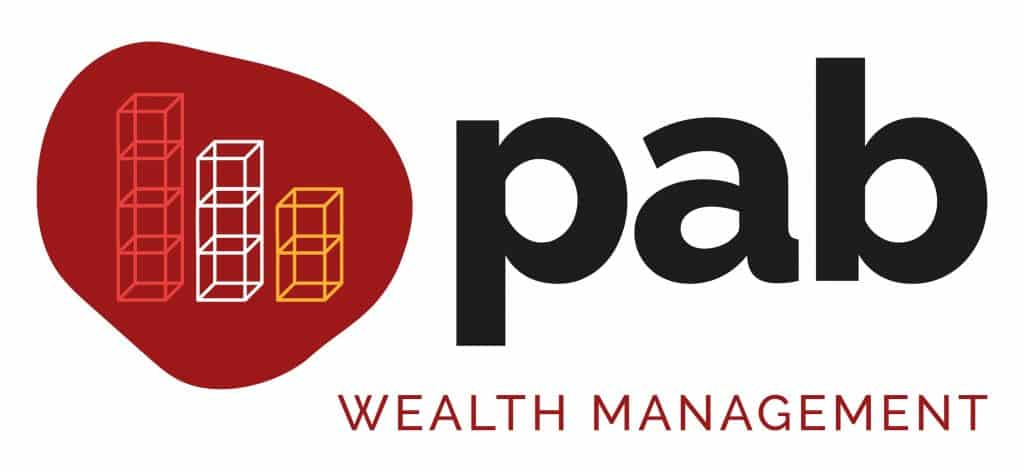Investing your money is a smart way to grow your wealth and secure your financial future. One popular and tax-efficient way to do this, is through Individual Savings Accounts (ISAs). ISAs offer a variety of options to suit different financial goals and risk tolerances. In this blog post, we’ll explore the different types of ISAs available, helping you make informed decisions about where to allocate your hard-earned money.
- Cash ISA
The Cash ISA is the simplest type of ISA. It’s essentially a savings account where the interest earned is tax-free, making it an attractive option for those who want to preserve their capital. Cash ISAs are low-risk and suitable for short-term savings goals, emergency funds, or individuals who are risk-averse.
- Stocks and Shares ISA
If you’re looking to invest in the stock market, a Stocks and Shares ISA might be the right choice. With this ISA, you can invest in a wide range of assets, including stocks, bonds, and mutual funds. It offers the potential for higher returns than a Cash ISA, but it also carries a higher level of risk. However, any gains you make are tax-free.
- Innovative Finance ISA (IFISA)
For those interested in peer-to-peer lending or crowdfunding investments, the Innovative Finance ISA is designed specifically for you. It allows you to invest in loans, including peer-to-peer loans and crowdfunding projects, and any interest or gains earned are tax-free. However, these investments come with a level of risk, as the performance of loans can vary.
- Lifetime ISA (LISA)
The Lifetime ISA is designed to help individuals save for their first home or retirement. You can contribute up to a certain annual limit, and the government provides a 25% bonus on your contributions, up to a maximum bonus amount. However, there are restrictions on when you can withdraw the funds without penalties, so it’s crucial to have a long-term savings plan in mind.
- Understand Mortgage Options
Research the various mortgage options available in the UK, such as fixed-rate, variable-rate, or tracker mortgages. Each type has its pros and cons, so make sure to choose the one that best suits your financial situation and long-term goals. Consult with a mortgage advisor to get personalised advice.
- Help to Buy ISA
Similar to the Lifetime ISA, the Help to Buy ISA is aimed at first-time homebuyers. It allows you to save for a home with the added benefit of a government bonus. However, the Help to Buy ISA is now closed to new applicants in the UK, but existing account holders can continue saving and claim the bonus until 2030.
- Junior ISA (JISA)
Junior ISAs are designed for parents or guardians to save money for their child’s future. They come in two forms: Cash JISAs and Stocks and Shares JISAs. The funds belong to the child, and they gain access to it when they turn 18. Contributions are made tax-free, helping your child start their adult life with a financial boost.
- Flexible ISA
A Flexible ISA is a variation of the traditional Cash ISA or Stocks and Shares ISA. It allows you to withdraw money from your ISA and then replace it within the same tax year without affecting your annual ISA allowance. This flexibility can be valuable for those who need access to their savings while preserving tax benefits.
Individual Savings Accounts (ISAs) offer a diverse range of options for individuals to save and invest their money tax-efficiently. Choosing the right type of ISA depends on your financial goals, risk tolerance, and time horizon. Whether you’re saving for a rainy day, your first home, your child’s future, or long-term retirement, there’s likely an ISA that can help you achieve your objectives. It’s essential to research and consult with a financial advisor to make informed decisions and make the most of these valuable savings and investment tools.

